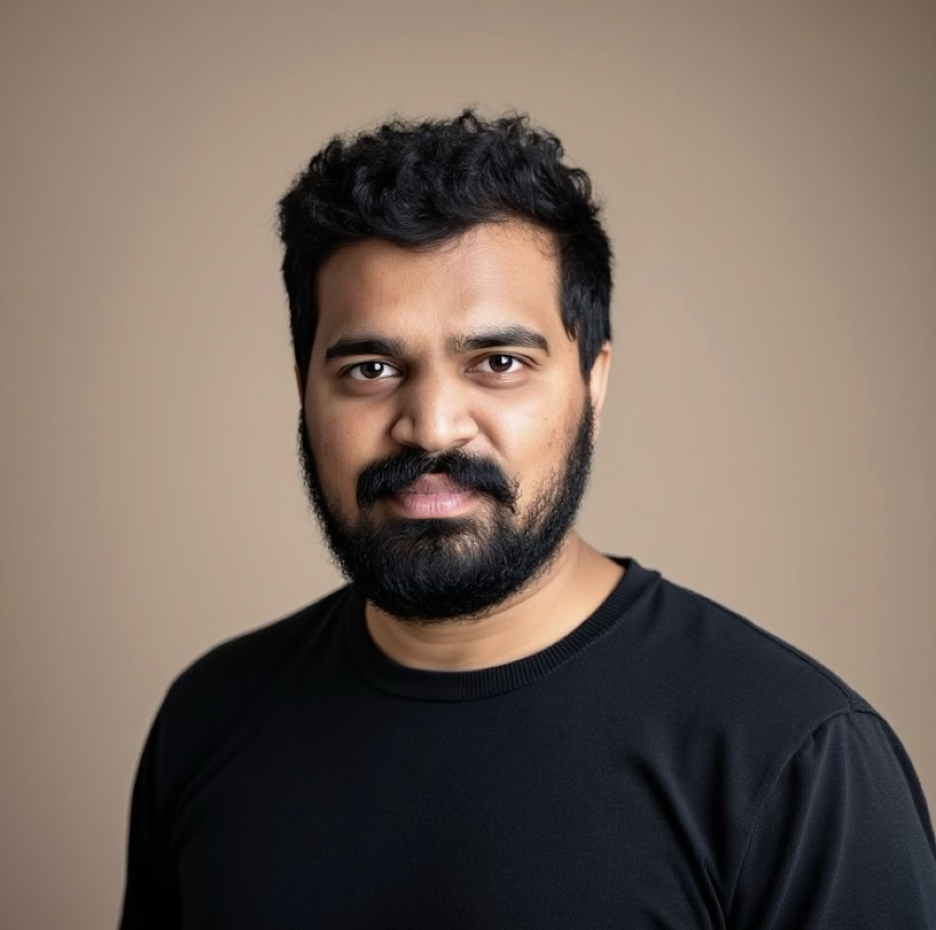
The patient knowledge gap is considered to be a critical shortcoming for the medical community, particularly at a time when patients are expected to play an active role in their health management. Many individuals find it difficult to understand their treatment options, diagnoses, and long-term care plans because of fragmented communication across care teams and their limited exposure to complex terminologies. A healthcare AI expert and validation engineer, Chaitran Chakilam, has proposed a generative AI-driven framework that can transform healthcare communication and deliverpersonalized patient education.
Detailed in his recent research paper titled "Generative AI-Driven Frameworks for Streamlining Patient Education and Treatment Logistics in Complex Healthcare Ecosystems," Chakilam's proposal addresses the challenge of improving patients' ability to understand and act on the information they receive.
AI-Powered Patient Education
Healthcare systems in the present era have grown increasingly complex. Patients suffering from rare or chronic diseases are often subjected to evolving therapeutic regimens, diagnostic procedures, and multi-departmental care. Unfortunately, brief consultations, static videos, pamphlets, and other existing patient education resources are not adequate to ensure complete comprehension for patients from non-technical or underserved backgrounds. Through his framework, Chakilam has proposed agenerative artificial intelligence (AI)powered solution that can adapt to each patient's comprehension level, condition, language preferences, and learning style.
Health education should no longer be generic and one-directional," says Chakilam. "Using generative AI, we can personalize learning materials and create an engaging two-way educational experience that puts the patient at the center.
Generative AI and the Semantic Learning Engine
Chakilam has leveraged a semantic learning engine powered by generative AI as the core of his framework, which is a convergence of adaptive learning techniques, ontological reasoning, and natural language processing. In addition to translating medical information, it also personalizes and contextualizes it based on the unique profile of a patient.
To start with, this system collects structured data on the diagnosis, treatment plan, and preferred learning style of a patient. Then it utilizes behavioral markers and feedback loops embedded in the patient’s learning experience to evaluate comprehension levels. These inputs are used to curate individualized learning paths combining voice-based assistants, explainable videos, infographics, and interactive Q&A modules.
A key aspect of Chakilam's work is the use of ontologies, which may be referred to as semantic frameworks capable of encoding relationships between medical symptoms, terms, treatments, and procedures. This enables the generative AI to infer and generate educational pathways that logically follow from a patient's current understanding, in addition to simplifying terminology. Moreover, to provide patients the tools to build knowledge progressively, unfamiliar phrases or acronyms are continuously deciphered by an explainable AI (XAI) layer.
A Digital Bridge across the Healthcare Ecosystem
Extending beyond the doctor's office or hospital bed, Chakilam's AI-driven education framework has the potential to connect hospitals, caregivers, insurers, outpatient clinics, and pharmacies by functioning as a unifying digital layer across the entire care ecosystem.
This framework also helps track the treatment journey of patients and automatically deliver educational prompts or summaries at critical touchpoints. It also creates customized resource maps according to each patient's zip code or insurance plan, offering dietary guidance, follow-up testing schedules, community resources, and mental health support options. Caregivers gain access to simplified support plans that align with the patient's condition, ensuring that home care decisions are informed and consistent.
When these capabilities are extended into pharmacy and insurance portals, the framework can prevent miscommunication between stakeholders, enhance claim accuracy, and reduce administrative overhead. This can go a long way in fostering a true continuum of care by ensuring that patient education and logistical coordination take place hand-in-hand.
Closing the Equity Gap
Commitment to equity in healthcare education is a standout feature of Chakilam's framework. Traditional education materials are often designed assuming a baseline of cultural familiarity, digital fluency, and literacy that may exclude large segments of the population. Leveraging inclusive, adaptive, and linguistically diverse tools, Chakilam's approach looks to disrupt this model.
The generative AI framework can generate content in multiple dialects and languages, with built-in support for culturally relevant analogies and regional medical terminologies. This can be extremely useful for underserved populations or multilingual communities where misunderstanding a single medical instruction can lead to dire outcomes.
This system prioritizes accessibility by delivering materials across platforms that patients already use. Audio-based content helps reach older adults or visually impaired individuals, while visual learning modules support those with limited literacy.
Conclusion
Healthcare systems around the world are now striving to become more inclusive, efficient, and responsive. In this situation, Chaitran Chakilam's generative AI framework promises to make medical knowledge more accessible and empowering by addressing the root of communication breakdowns and information overload.
"As healthcare evolves, education must evolve with it. Generative AI offers an unprecedented opportunity to deliver tailored, timely, and understandable information to every patient, regardless of their background or condition. Our goal is to make knowledge a right, not a privilege, bridging the last mile between diagnosis and understanding through intelligent, human-centered technology," Chakilam concludes.
The postBridging the Patient Knowledge Gap: Chaitran Chakilam Proposes Generative AI for Personalized Health Educationappeared first onUp and Away Magazine.
0 comments:
Ikutan Komentar